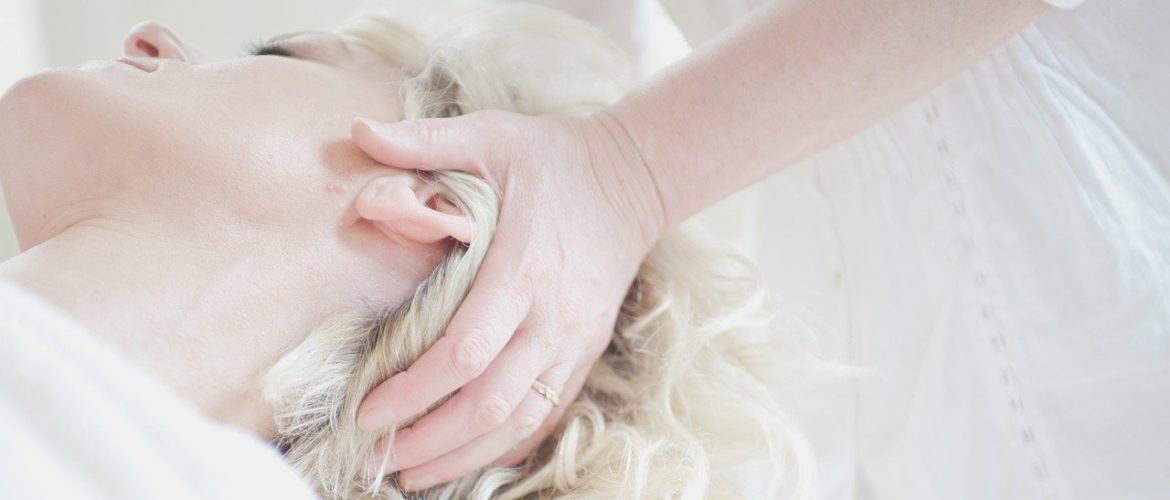Craniosacral therapy, like many other complementary therapies, can often be carried out extremely successfully remotely, which is particularly helpful if you are experiencing post-COVID symptoms.
Jackie, a healthy 43-year-old from the UK, believes she had a mild infection of coronavirus before lockdown in March 2020. As she explained:
“Although I only had a mild illness to start with, since then I’ve had waves of fatigue, ongoing headaches, sore chest, occasional difficulties getting a full lung of air, and other niggling issues.”
After undergoing a series of craniosacral therapy sessions, carried out remotely via video link, she now says:
“With the help of weekly craniosacral therapy sessions plus yoga, I finally feel after four months of anxiety that I’m getting on top of things. I was sceptical at first, but being able to be in my own home and have the therapist listen to both physical and emotional stuff that’s come up, has been a revelation. The COVID fog is finally lifting!”
Jackie contacted Natasha Singh, a trained craniosacral therapist practising from the Algarve in Portugal, and asked if she was able to help. Natasha has been running craniosacral therapy sessions remotely since March this year. Although Natasha wasn’t initially sure how successful remote sessions would be, she has been delighted by the outcomes:
“At first I wasn’t sure whether the session would be as effective as in-person. Now, I actually believe it’s more effective. Clients are more relaxed because they’re in their home which makes my work more effective.”
Natasha is a UK-trained craniosacral therapist who runs Anahata Healing Arts from her home in Portugal. She says deep relaxation is the starting point for her to be able to hone in on areas of clients’ bodies causing them problems. During the session, she encourages clients to report back to her any sensations and emotions.
“Holding space for clients to let whatever memories and thoughts come up is central to the technique. Those memories are connected to a particular physical issue and it’s that acknowledgement and space-holding that allows past traumas to be expressed and then released from the body.”
She says she is mystified at why craniosacral therapy is not more popular as a complementary therapy as there is so much science supporting the connection between mind and body.
With so many people now reporting that they believe they are suffering post-viral symptoms from coronavirus infection, and with so little known about the disease within the medical establishment, it seems hopeful that therapies that can be conducted remotely could become a lifeline for people wanting to manage their own recovery.
As with all therapists, and particularly if you are working with someone remotely, maybe in a different country, it is essential to check that they are fully trained and insured and registered with a professional body.
Many complementary therapists in Essex are now once again able to offer a personal service and some are also offering remote services.
Image credit:


1 Comment
thanks for info